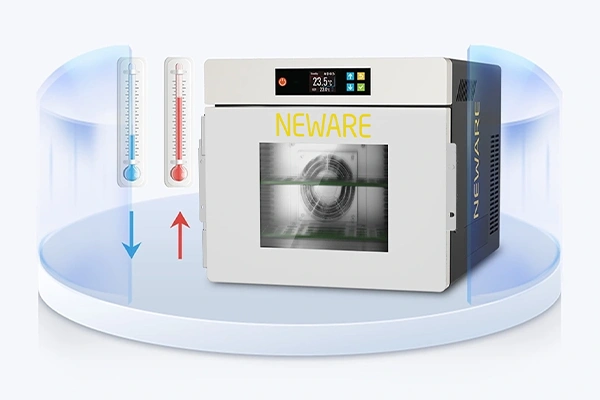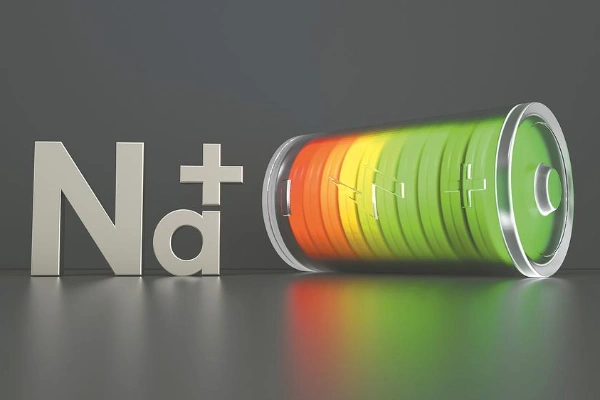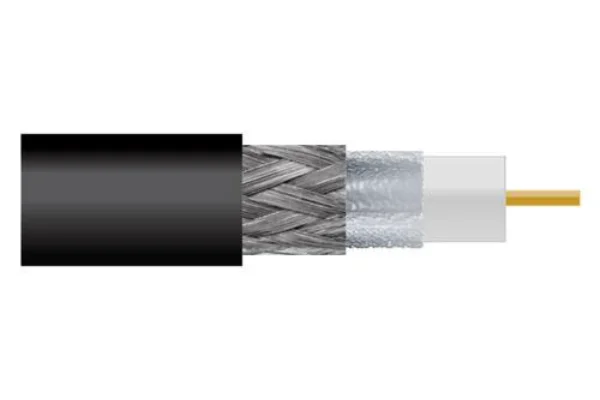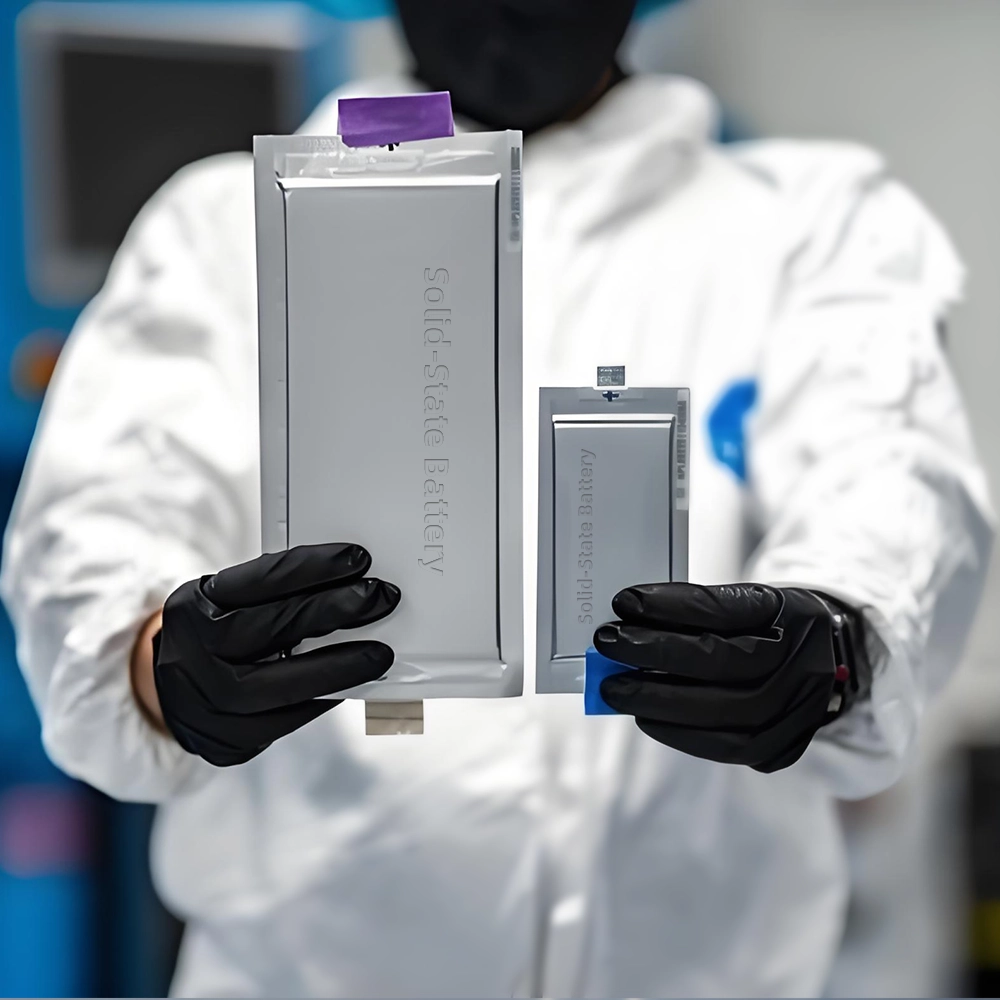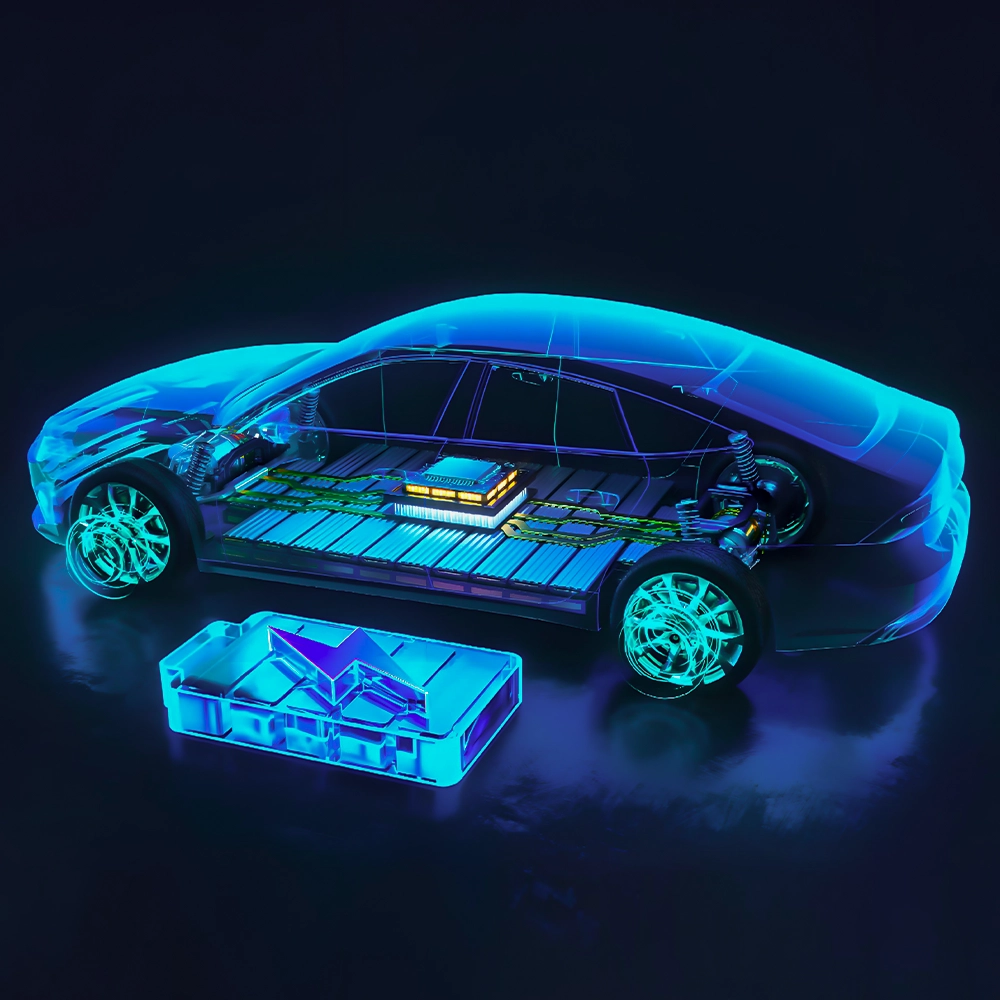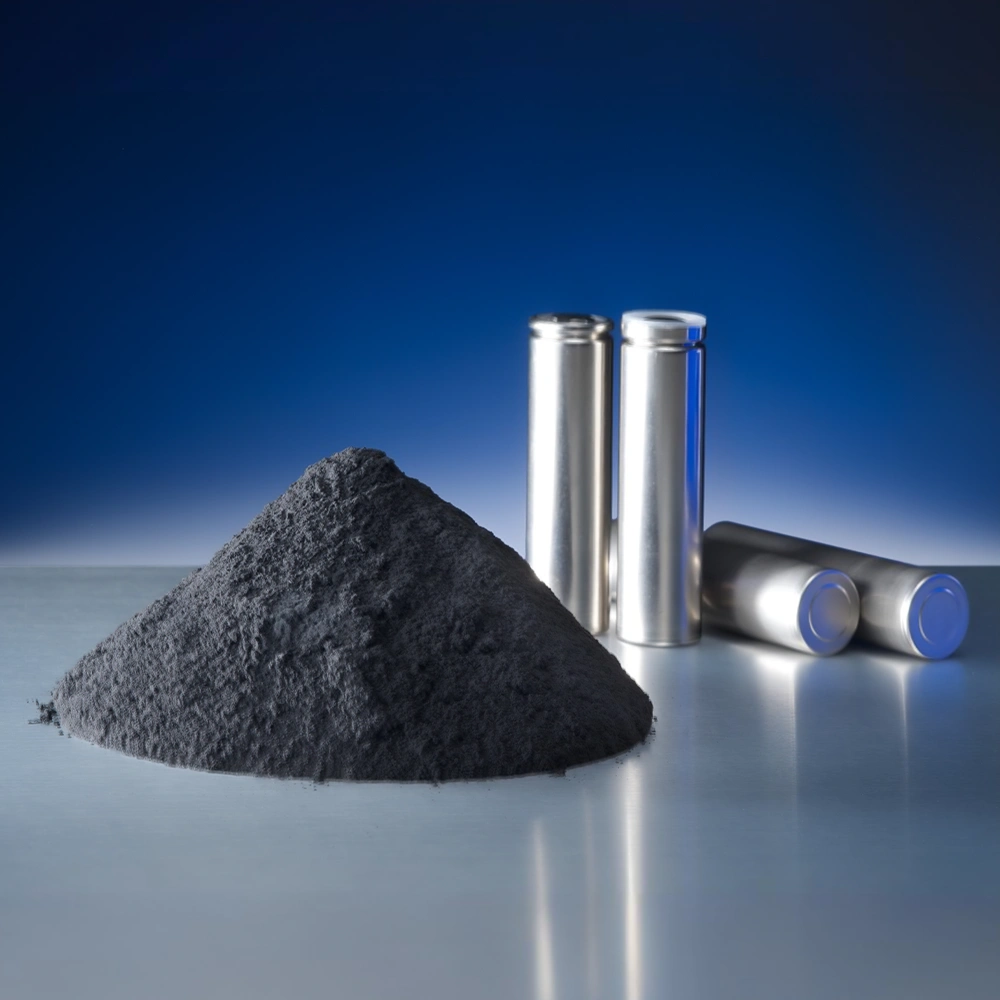CR 2032 battery dimensions
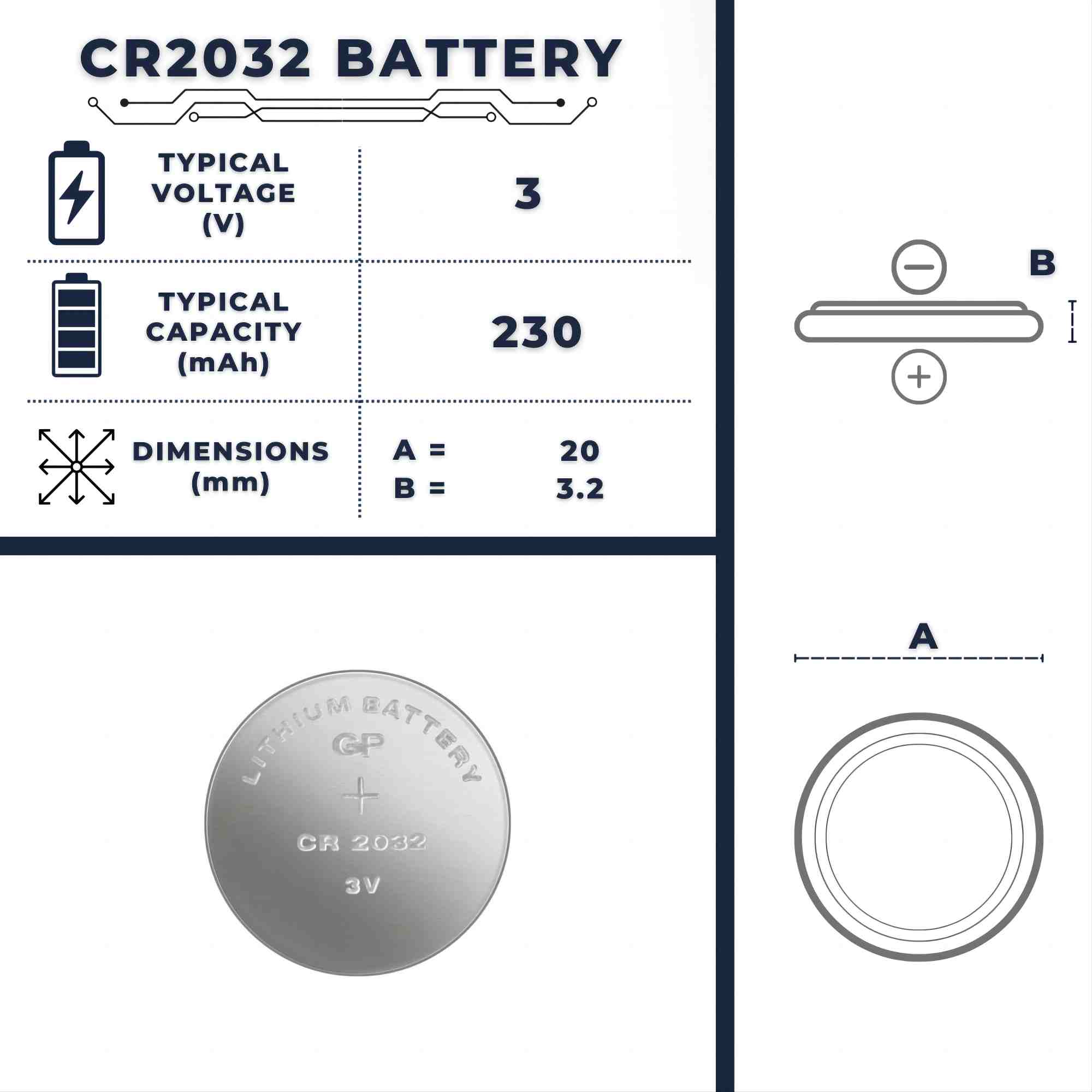
Diameter: 20mm
Height: 3.2mm
Voltage:3 volts
Capacity:220-250mah
Operating temperature:0°C-60°C
Weight: Approximately 3 grams
The "CR" in CR2032 stands for manganese dioxide lithium chemistry. The numbering "2032" indicates the physical dimensions: 20mm in diameter and 3.2mm in height.
CR2032 battery materials
The CR2032 battery is a lithium battery, which means its anode material is lithium. The cathode material is manganese dioxide (MnO2). This combination of materials allows for a stable and long-lasting power source, with a typical voltage of 3 volts.
Different types of CR2032 batteries
While the most common CR2032 batteries are non-rechargeable lithium manganese dioxide cells, variations in materials and design can exist, especially in the context of rechargeable options or those optimized for specific temperature ranges or performance characteristics. However, the standard and most widely used CR2032 batteries are the non-rechargeable lithium type due to their reliability, long shelf life (typically 10 years), and high energy density.
Lithium manganese dioxide (Li/MnO2): This is the standard material composition for CR2032 batteries, offering a good balance between capacity, voltage stability, and storage life.
Lithium lron disulfide (Li/FeS2): Although less common for CR2032 and more for AA and AAA batteries, some specialty lithium coin cells might use different materials for specific applications.
Rechargeable versions: There are rechargeable lithium-ion (Li-ion) versions of coin cells, often designated as LIR2032. These have slightly different materials and chemistry, allowing them to be recharged, but they are not as widespread as the disposable CR2032 and have different voltage specifications, typically around 3.6V, which is not compatible with devices designed for the 3V CR2032.
How long do CR2032 batteries last
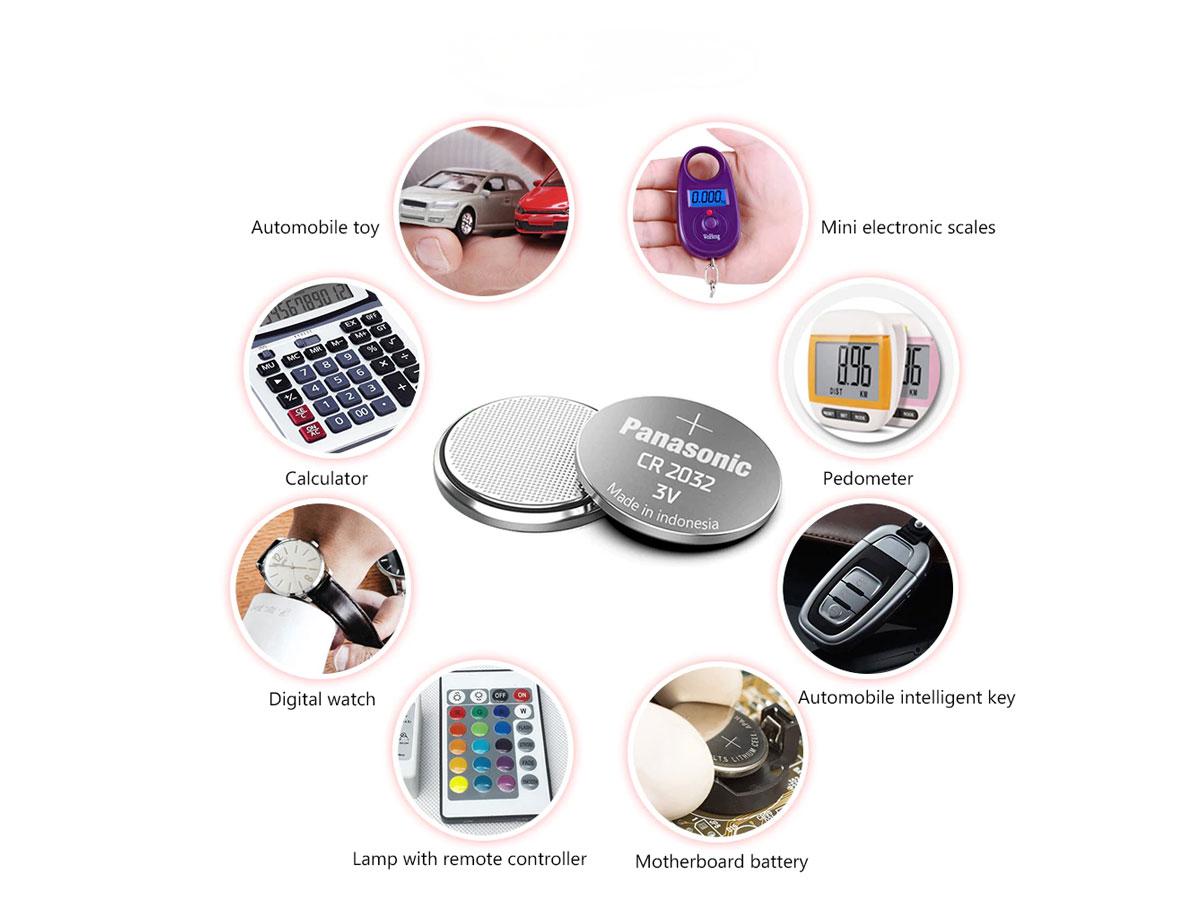
CR2032 battery applications
The lifespan of a CR2032 battery can vary significantly depending on its usage. In low-drain devices like watches, calculators, or CMOS batteries in computers, a CR2032 can last anywhere from 2 to 5 years because these applications require minimal power and operate in a standby state most of the time. However, in more power-intensive applications, such as in digital thermometers, key fobs, or active running sensors, the battery might only last for 6 to 12 months. Factors such as the device's power requirements, how frequently the device is used, and the battery's self-discharge rate all play a crucial role in determining its overall lifespan. For instance, a car key fob used multiple times a day will drain the battery much faster than a watch that continuously runs on a minimal power draw. Additionally, environmental conditions like extreme temperatures can also affect the battery's performance and lifespan.
Are CR2032 and CR2025 batteries interchangeable?
While CR2032 and CR2025 batteries both deliver 3 volts and share the same diameter, their thickness differs, with the CR2032 being 3.2mm thick and the CR2025 being 2.5mm thick. This difference means they are not universally interchangeable, as devices designed for the slimmer CR2025 may not accommodate the thicker CR2032 without issues. However, if one must use a CR2025 in a device designed for a CR2032, it's essential to ensure the battery compartment can securely hold the thinner CR2025 in place. This might involve using a small, non-conductive spacer to make up for the height difference and ensure a good connection. It's crucial to use such adaptations cautiously to avoid disrupting the device's functionality or causing damage. Always prioritize using the battery size recommended by the device's manufacturer to ensure optimal performance and safety.
CR2032 battery vs CR2025 battery
The CR2032 and CR2025 batteries are both 3-volt lithium coin cells, widely used in small electronic devices, but they have some key differences. The most noticeable difference is their size; the CR2032 is 20mm in diameter and 3.2mm in thickness, while the CR2025 is similarly 20mm in diameter but slightly thinner at 2.5mm. This difference in size translates to a difference in capacity; the CR2032 typically offers around 240mAh, whereas the CR2025 provides a lower capacity of approximately 160mAh. This means the CR2032 can generally last longer than the CR2025, making it a better choice for devices with higher power consumption or those that are difficult to access for frequent battery replacements. Despite these differences, both batteries offer the same voltage, ensuring they can be used interchangeably in devices that can accommodate their physical size differences. However, the choice between them should consider the device's power requirements and battery compartment size to ensure optimal performance and fit.
CR2032 battery equivalent
CR2032 battery, a commonly used 3 volt coin cell for various electronic devices, can be replaced with equivalents that share similar electrical properties and dimensions. These equivalents include the BR2032, DL2032, ECR2032, LR14 and KCR2032, among others. While these alternatives can offer similar performance, it's crucial to consider the device's specific power and environmental requirements, as variations in temperature tolerance and voltage stability might affect performance. Opting for a direct equivalent from a reputable brand ensures compatibility and reliability, avoiding potential issues related to fitment or electrical characteristics.
Best CR2032 battery
When it comes to selecting the best CR2032 batteries, several brands stand out for their reliability, longevity, and performance. These batteries are commonly used in a wide range of devices, from car key fobs and remote controls to various types of medical and fitness equipment. Here are some of the top CR2032 batteries.
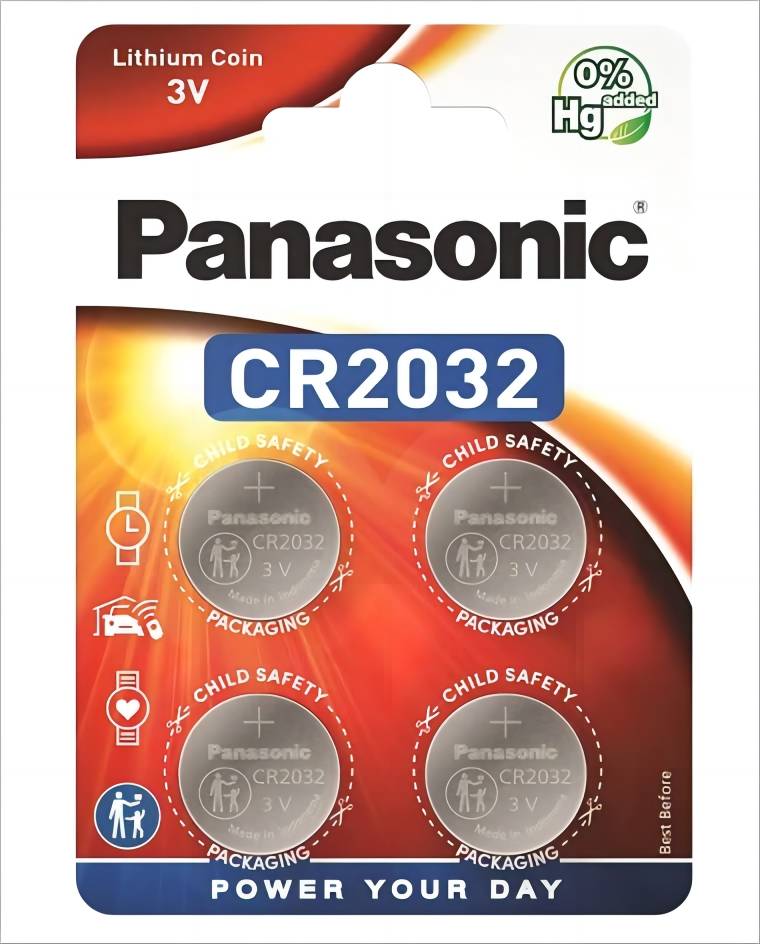
Panasonic CR2032 battery
Widely regarded for their high quality and reliability, Panasonic CR2032 batteries offer a great balance between longevity and cost. They are often recommended for a variety of devices due to their consistent performance.
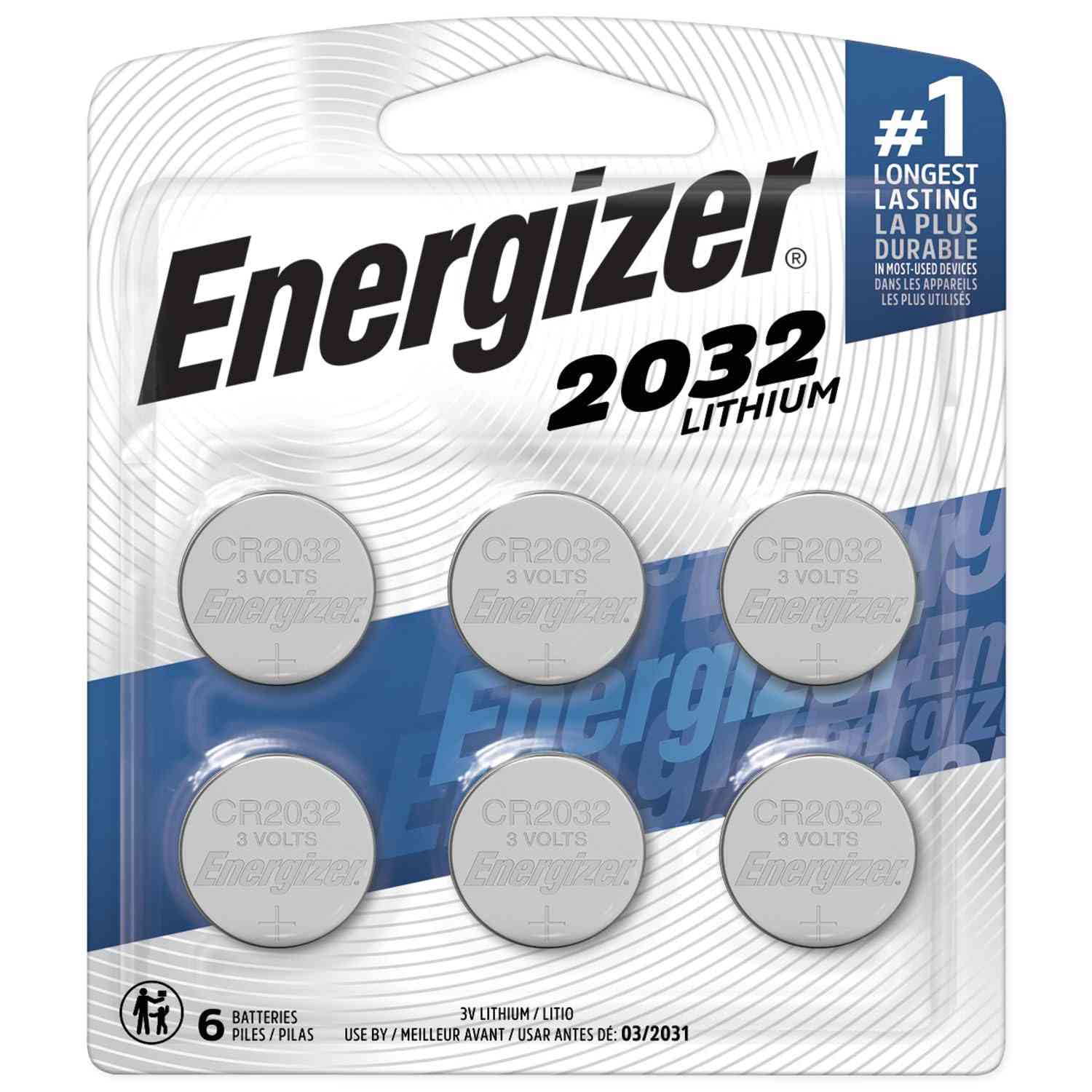
Energizer CR2032 battery
Known for their long-lasting power, Energizer's CR2032 batteries are a popular choice among consumers. They are suitable for devices that require a durable and reliable power source.
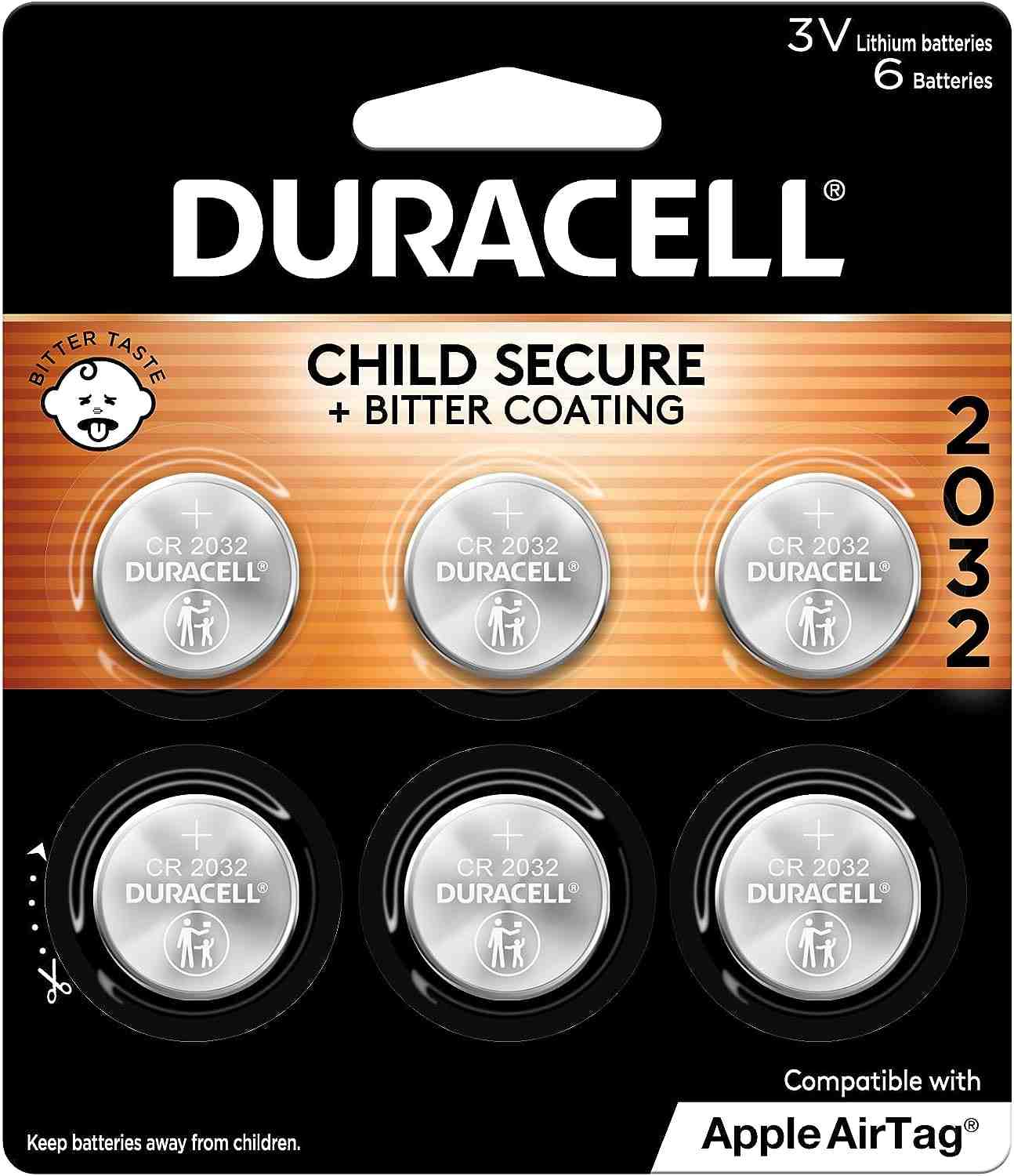
Duracell CR2032 battery
Duracell offers high-quality lithium CR2032 batteries that are praised for their longevity and dependability. Their batteries are often used in critical devices because of their trusted performance.
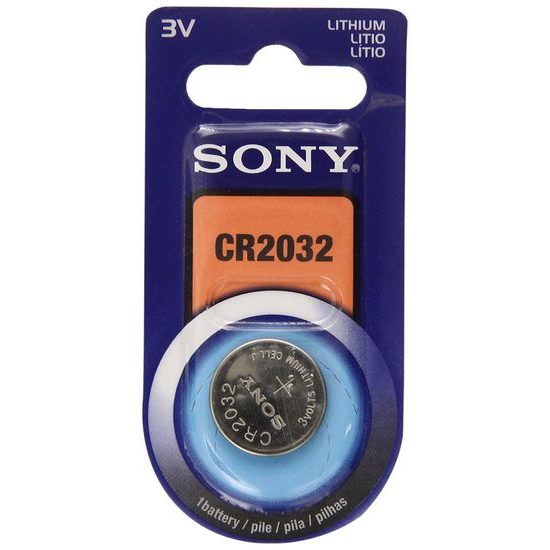
Sony CR2032 battery
Sony's CR2032 batteries are known for their excellent quality and reliability. They provide good longevity and are suitable for a wide range of electronic devices, from medical equipment to household items.
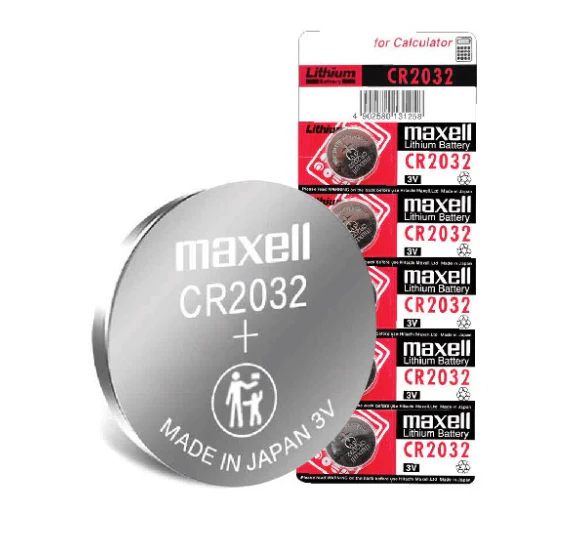
Maxell CR2032 battery
Maxell is another reputable brand that produces CR2032 batteries known for their stability and reliability. They are a good choice for devices that require a consistent power supply over a long period.
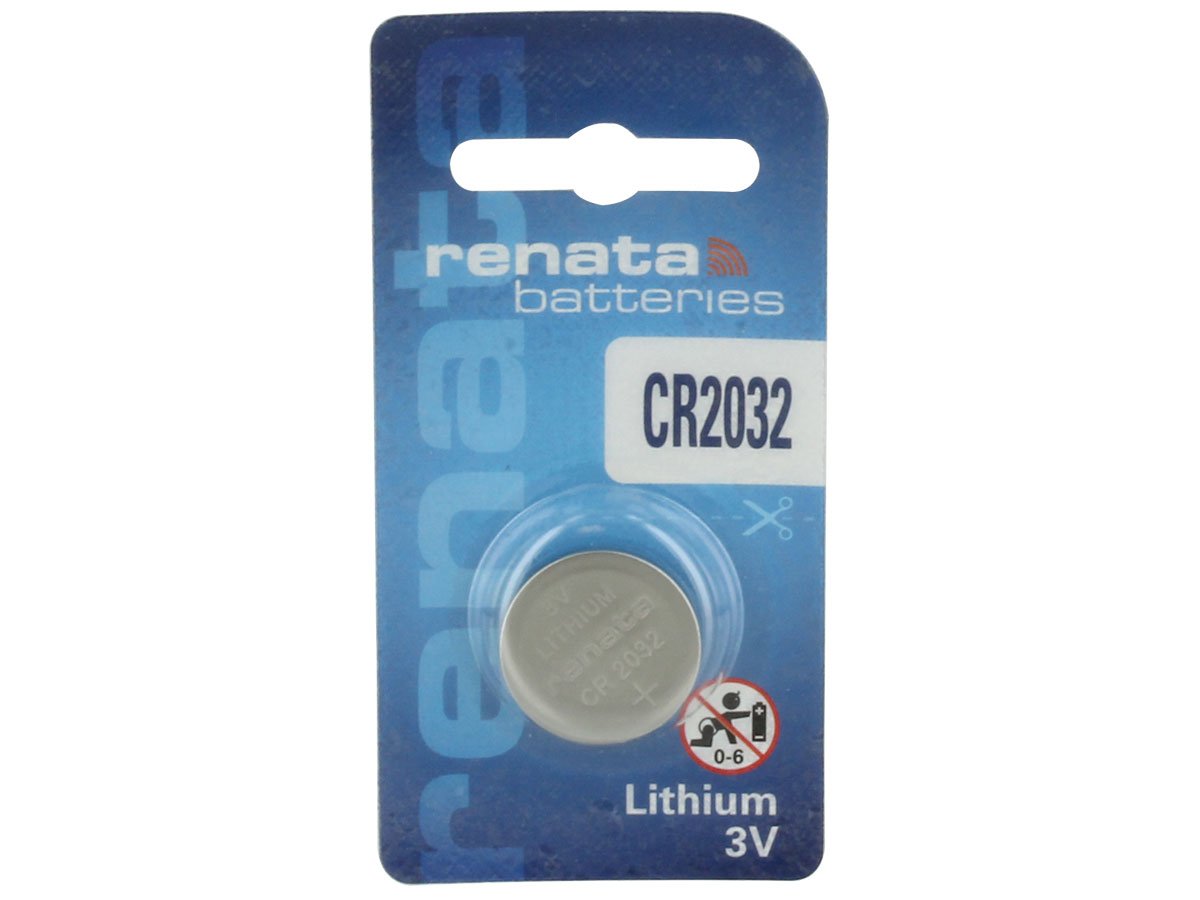
Renata CR2032 battery
Manufactured by the Swatch Group, Renata's CR2032 batteries offer high performance and are especially favored for use in precision devices, including various types of watches and medical equipment.
When choosing a CR2032 battery, it's essential to consider the device's power requirements and the battery's brand reputation for quality and reliability. These top brands are known for their rigorous quality control and consistent performance, making them excellent choices for various applications.




